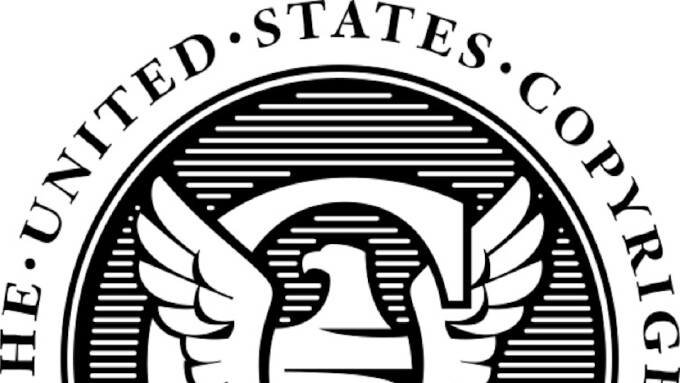WASHINGTON — The U.S. Copyright Office released yesterday a lengthy report on the Digital Millennium Copyright Act (DMCA), calling for Congress to modify certain aspects of the “safe harbor” doctrine that protects tube sites, both for mainstream and adult content, from copyright liability.
According to its introductory letter “the publication of this report is the final output of several years of effort by the Copyright Office to assist Congress with evaluating ways to update the Copyright Act for the 21st Century.”
Although the report did not recommend sweeping changes to the DMCA, it reached the conclusion that the act had been "tilted askew" since its late-1990s origins, with the end result that tech companies and platforms were more protected than copyright owners.
Section 512, the so-called “safe harbor” provision, was the focus of the almost-200-page report.
The report considered that the concept of “safe harbor” had been much expanded to the detriment of copyright owners over years of litigation, and, though Congress “surely intended for the section 512 safe harbors to be interpreted broadly, they are not (and should not be) limitless.”
Other areas where the report concluded the DMCA had failed in its mission include “red flag knowledge” (concerning the platform’s expected awareness of apparent infringement) and “notice-and-stay-down” issues (the expectation that infringing material will be permanently blocked) and the handling of repeat offenders.
The Gold Standard
XBIZ spoke about the report with Battleship Stance’s Jason Tucker, whose copyright management and enforcement clients include many important players in the adult industry.
Tucker pointed out that many of the report’s comments on tech companies, platforms and leading mainstream tube sites apply directly to the adult entertainment ecosystem.
He explained that YouTube, for example “requires you to enter verifiable information to verify who you are. There are a number of adult platforms that do not verify any information, yet they can still claim ‘safe harbor’ under the DMCA as it’s written today.”
“It’s time that we set a standard that can work for everybody, because leaving it up to the courts and the market has not resulted in any uniformity,” Tucker told XBIZ.
“What I believe is the correct way to approach this issue is the way that MindGeek handles it for their tube sites, which is similar to what YouTube does, and those two powerhouses have set the standard of what other tube sites should have,” Tucker concluded.
To read the entire U.S. Copyright Office’s report on the DMCA, click here.






